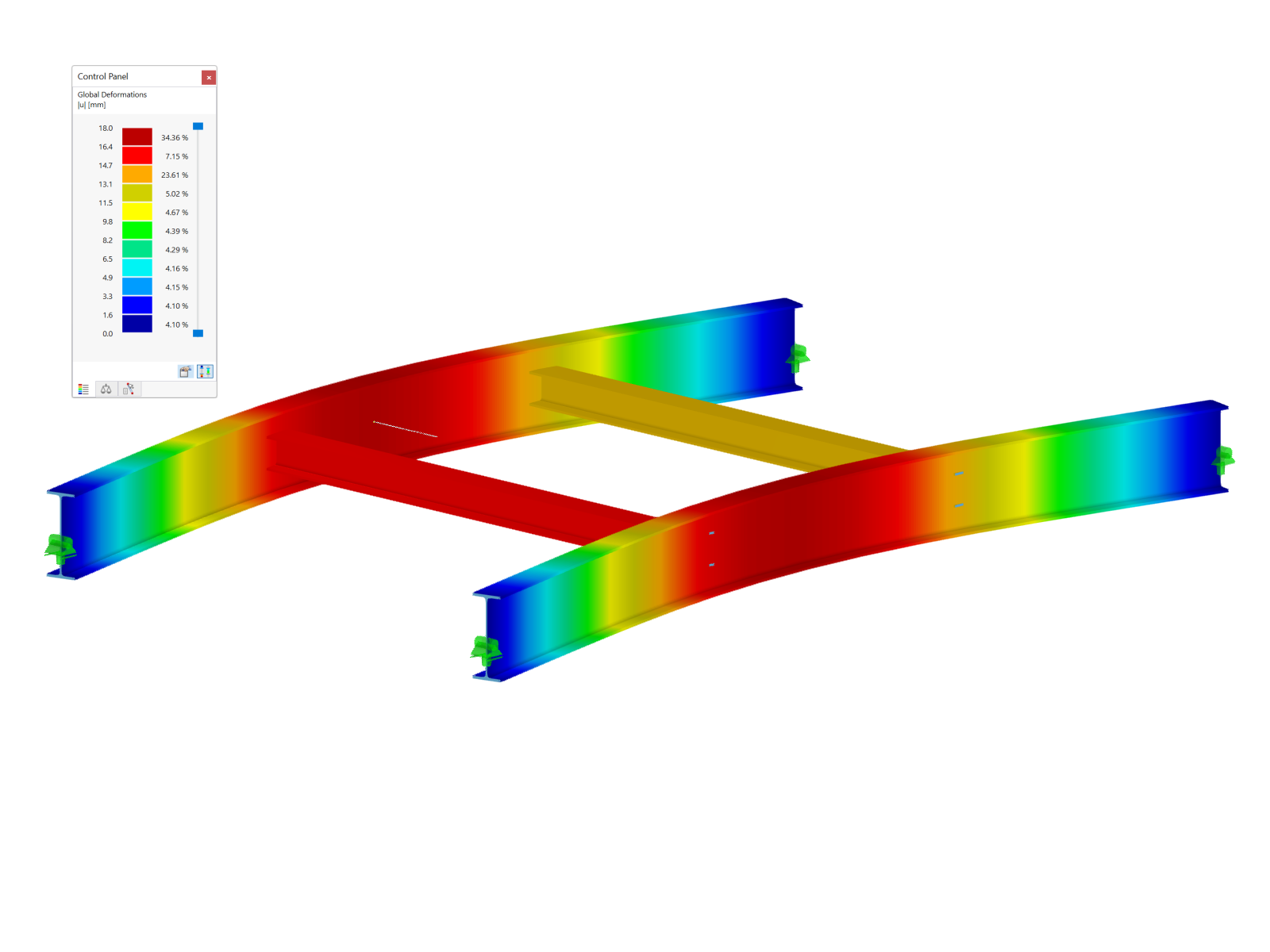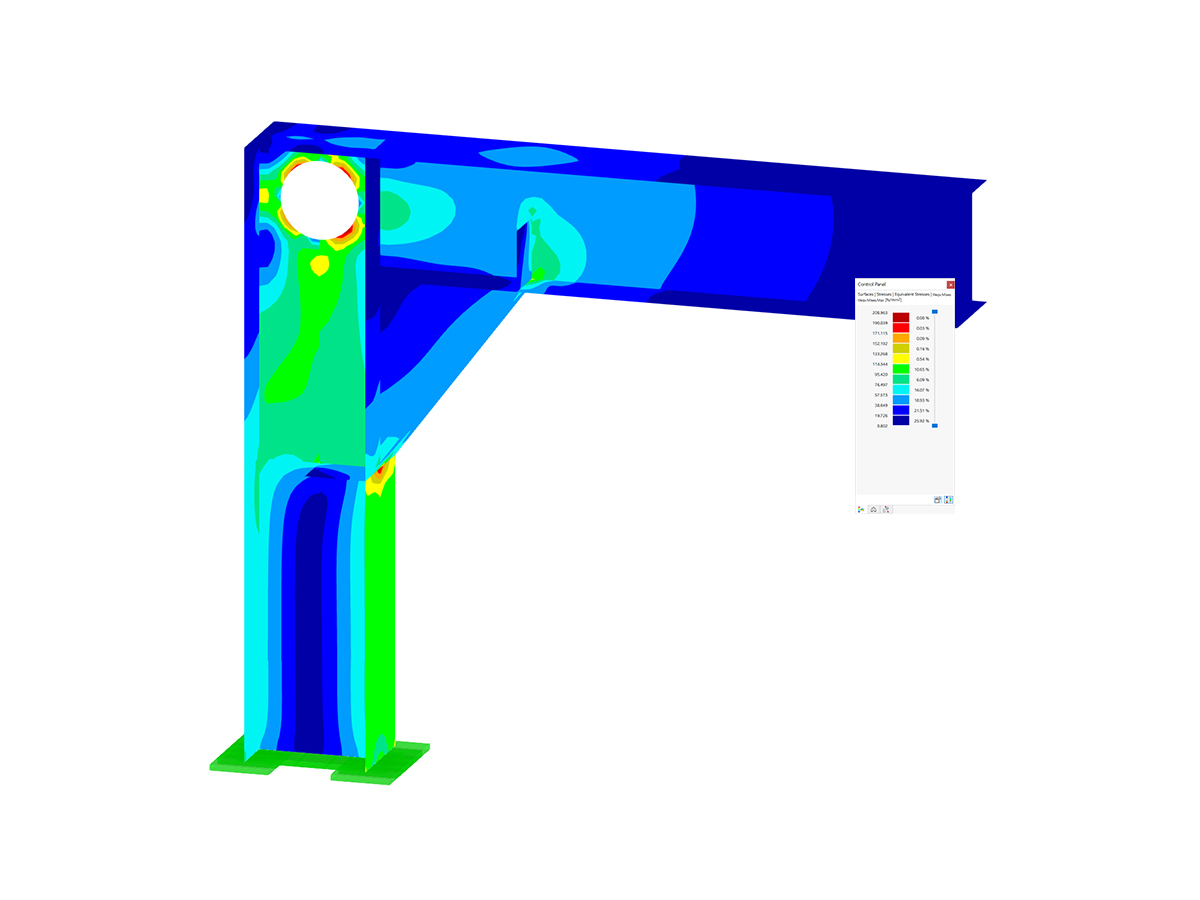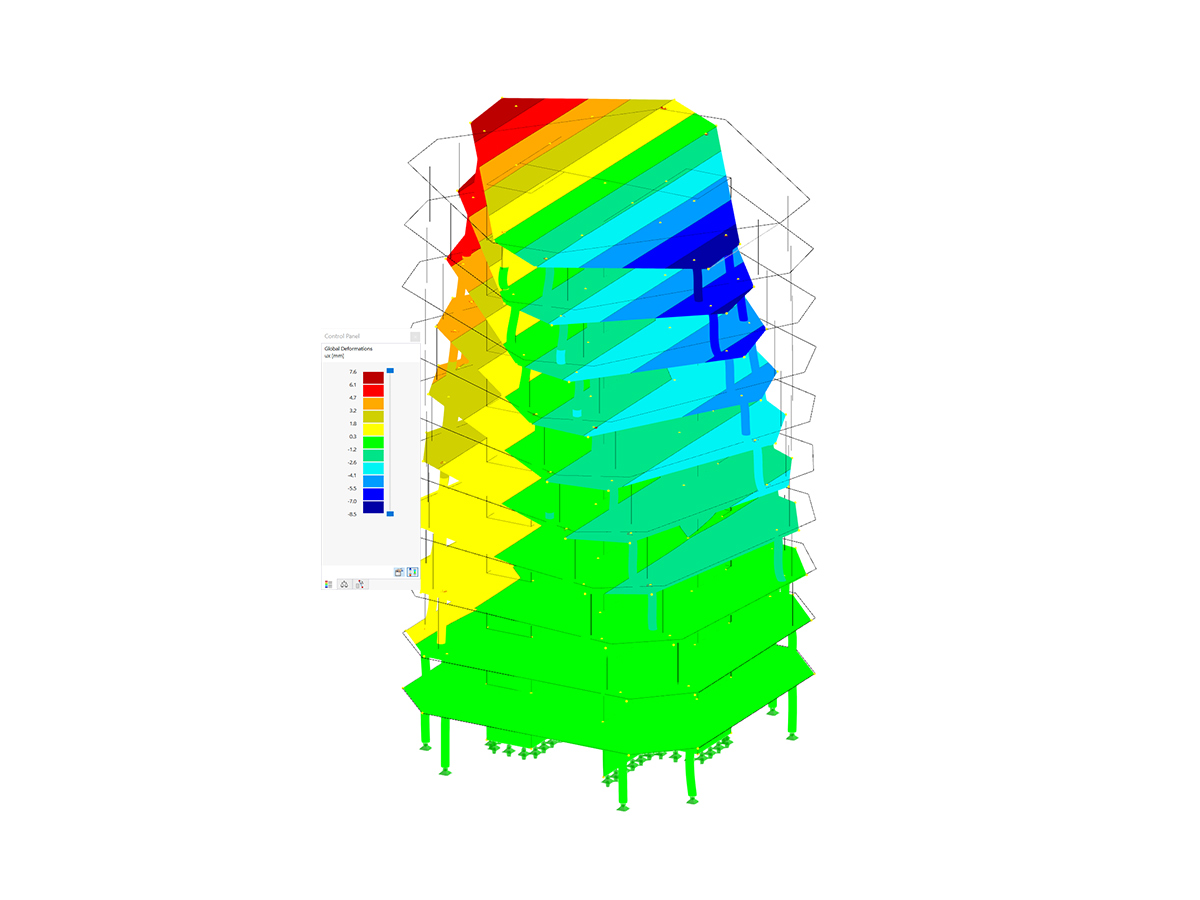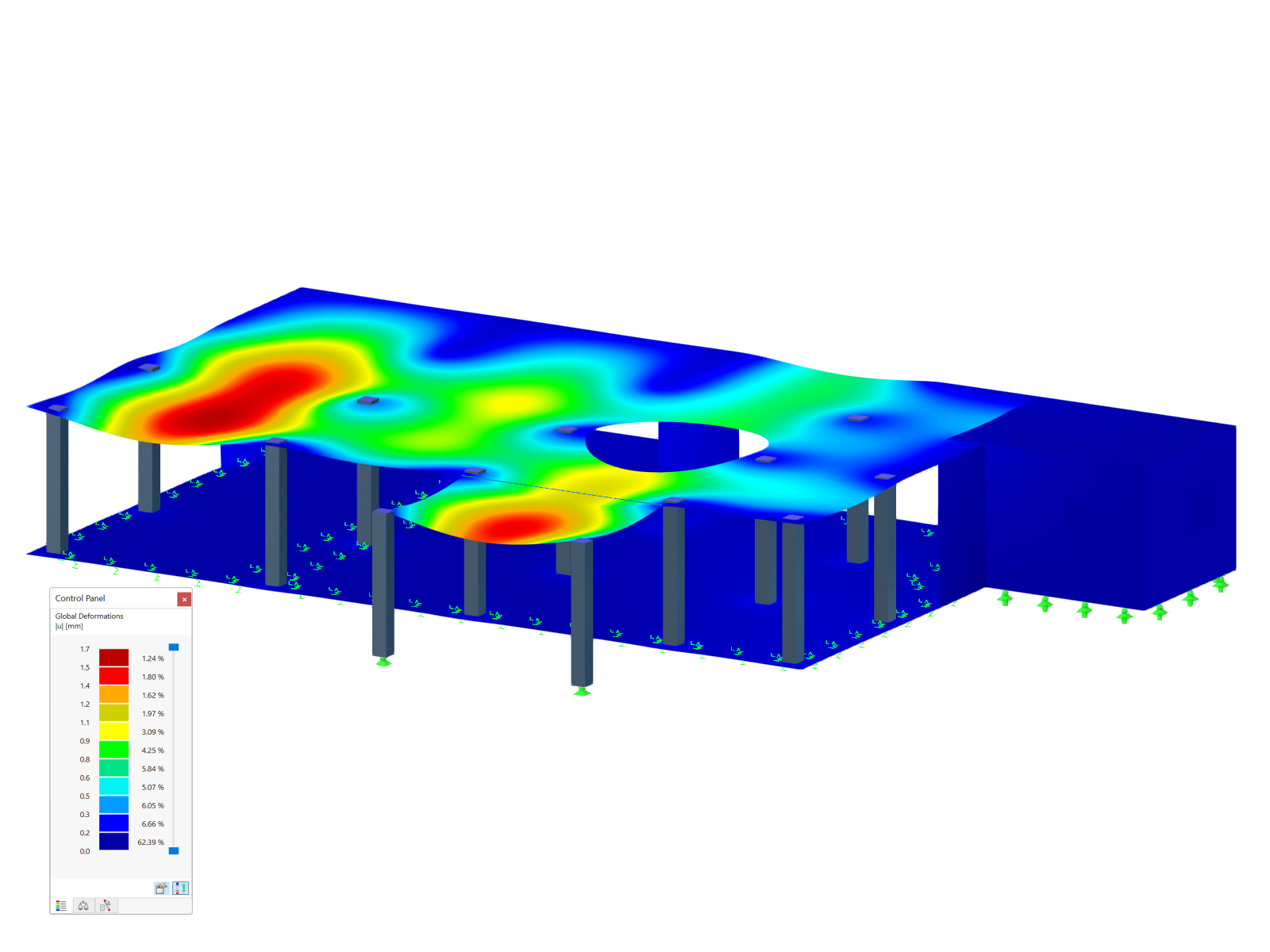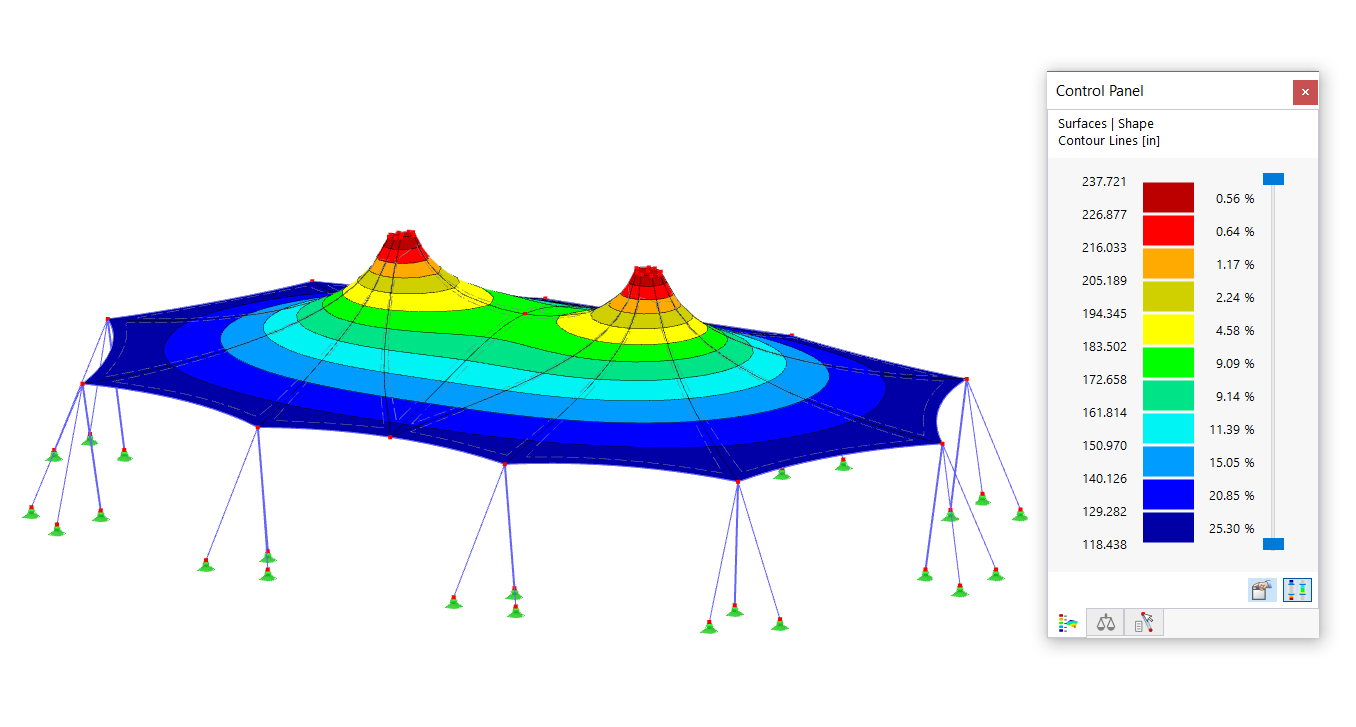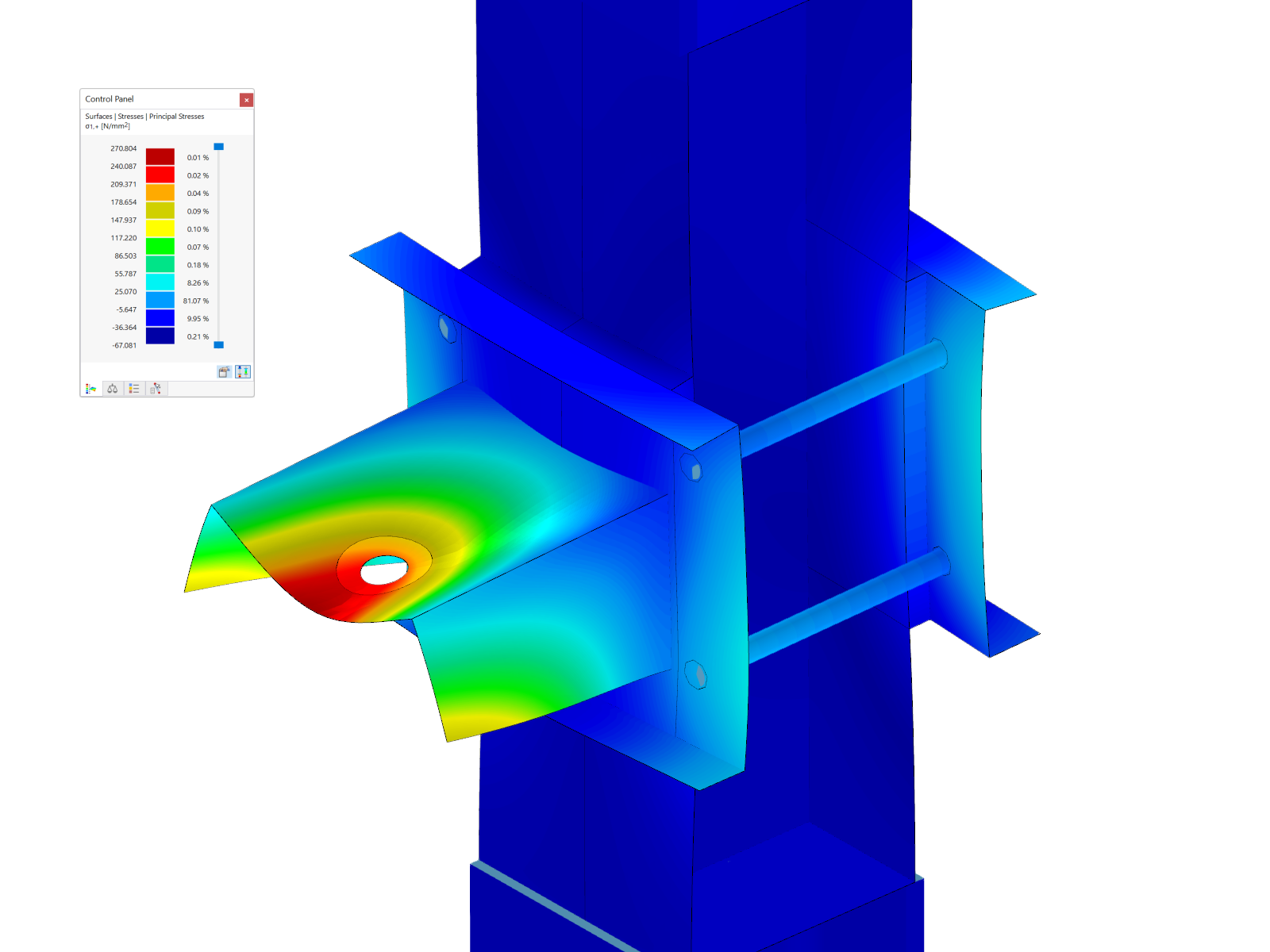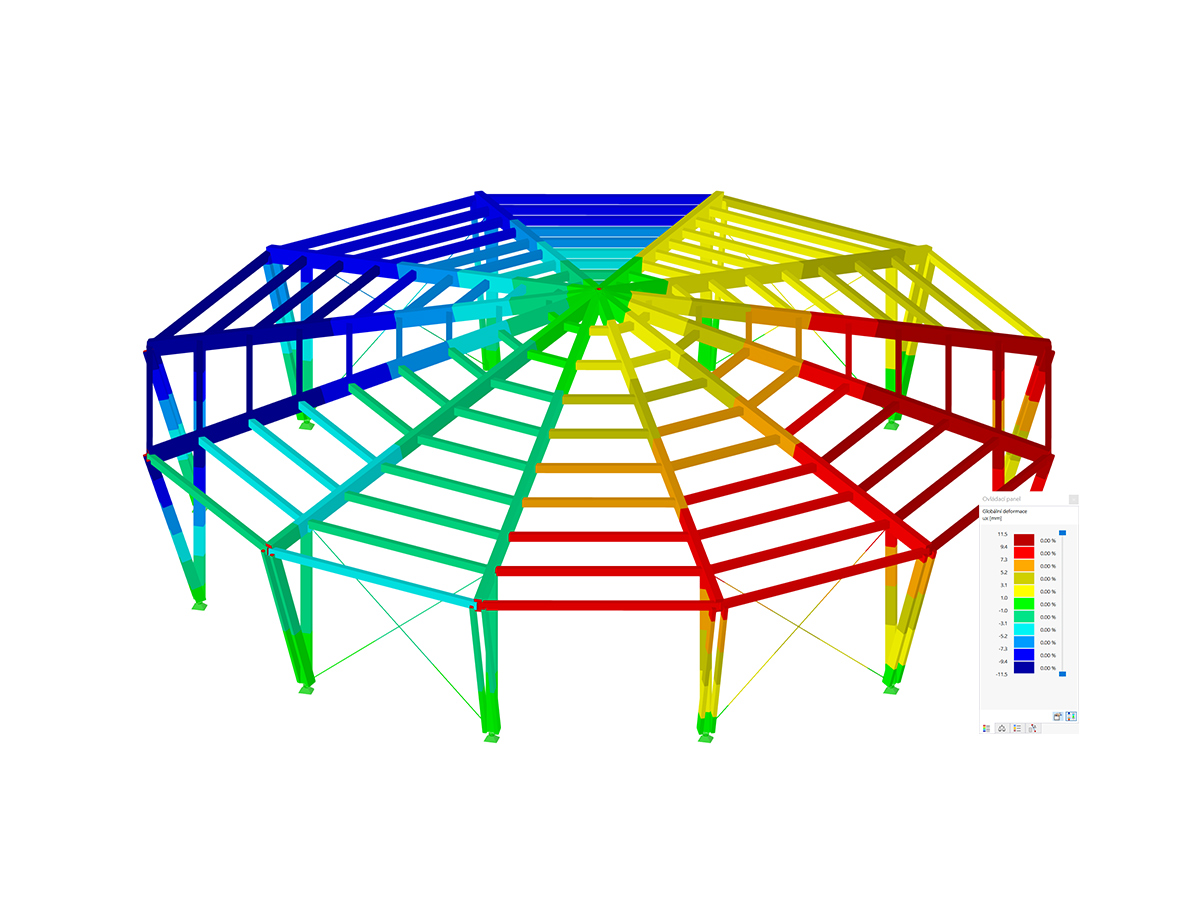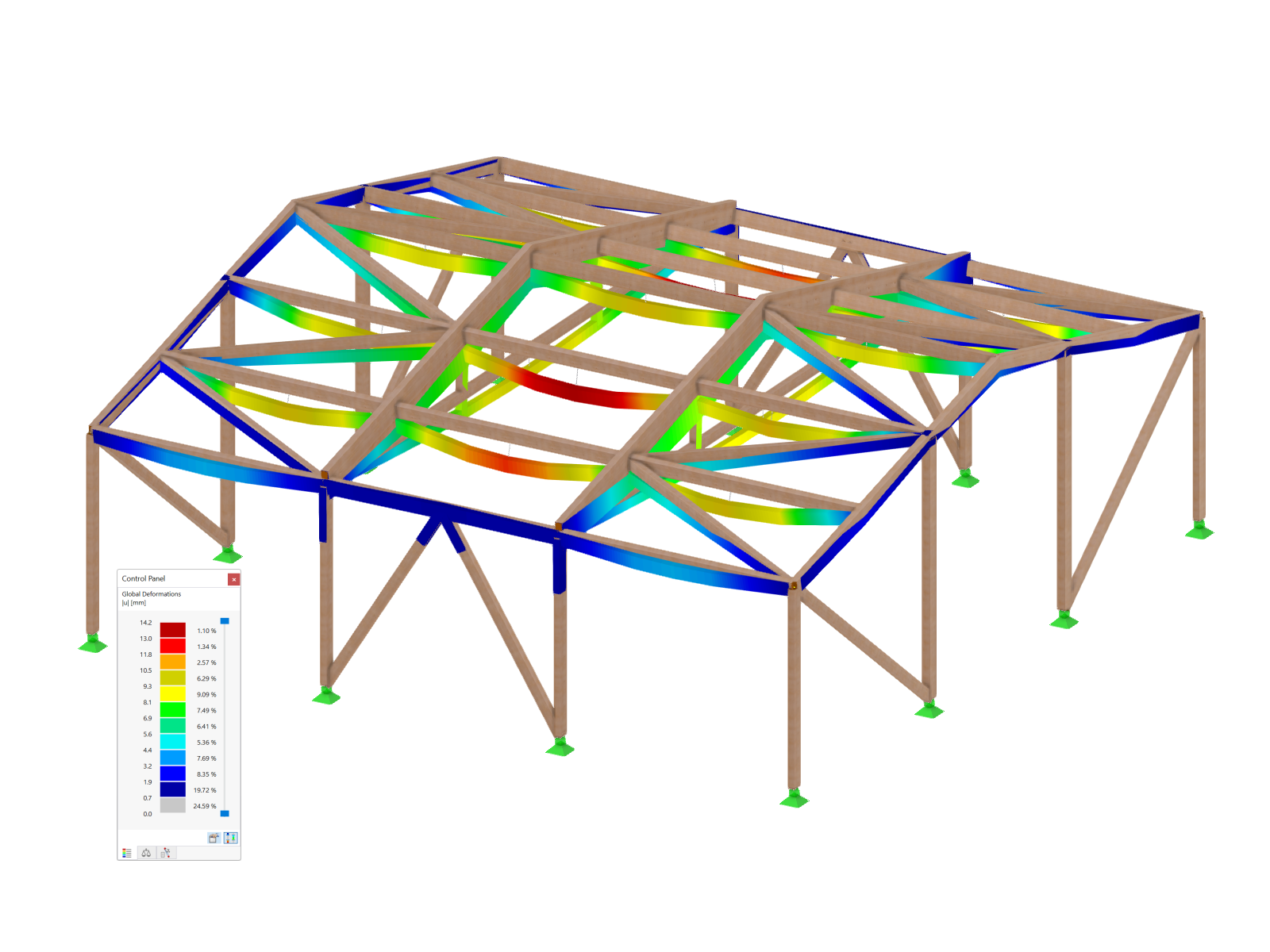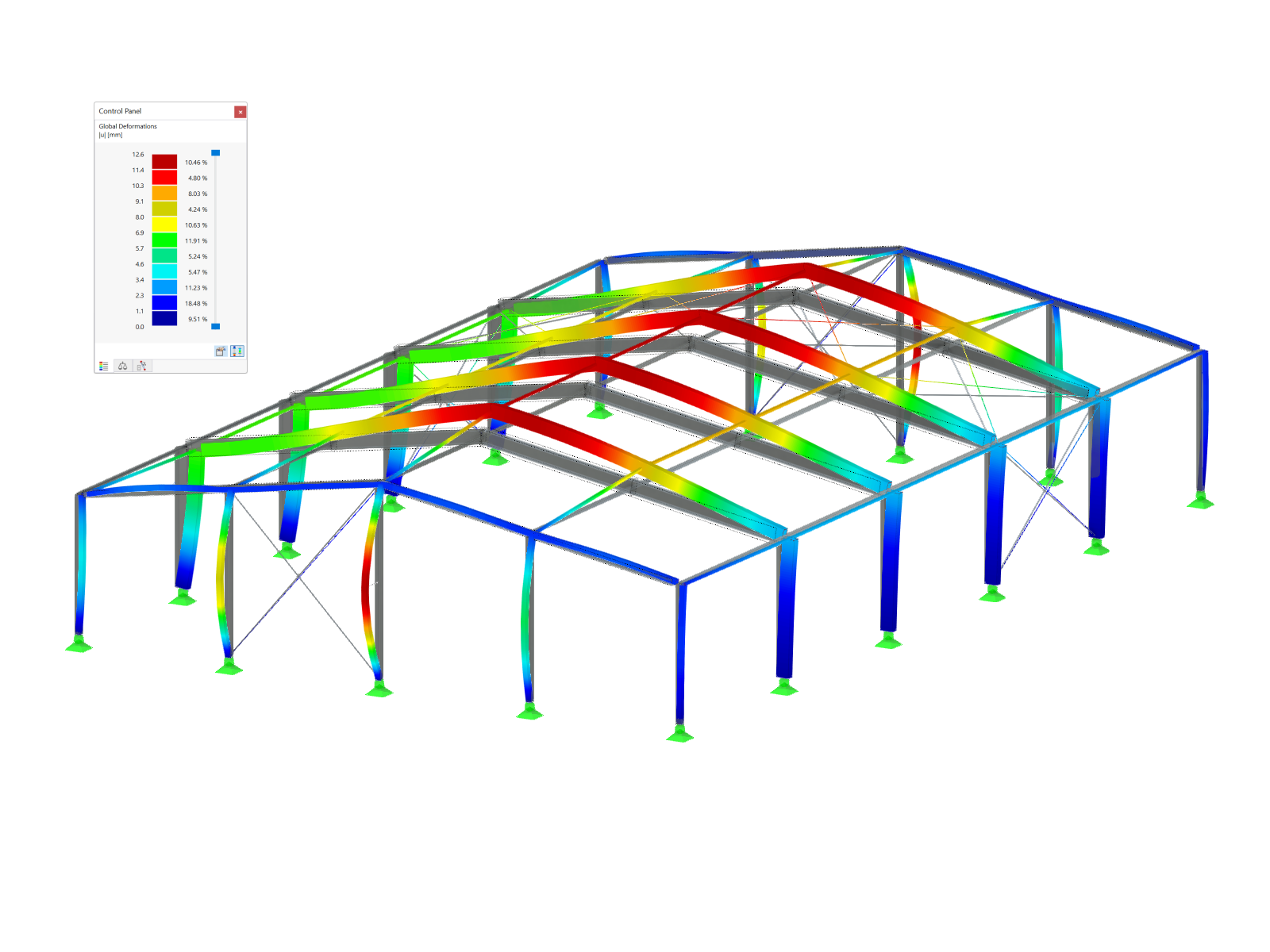Under Settings, you can define how to combine the results from different mode shapes of a structure. The modal combination is the first step of dynamic combinations. The modal responses can be combined with the Square Root of the Sum of Squares (SRSS) or the Complete Quadratic Combination (CQC). Both of these quadratic combinations can be applied in the standard form or modified as an equivalent linear combination. The standard form of the SRSS rule combines the maximum results and the signs get lost; the combination expression is as follows:
In the RF-DYNAM Pro add-on module for RFEM, a modified form of the SRSS rule is available to determine the corresponding results, such as the corresponding internal forces. In comparison with the standard form of the SRSS rule, the corresponding internal forces are significantly smaller. Furthermore, the corresponding signs are correct in relation to the governing internal force. The SRSS rule is used as an equivalent linear combination:
If applying this formula, the results are consistent.















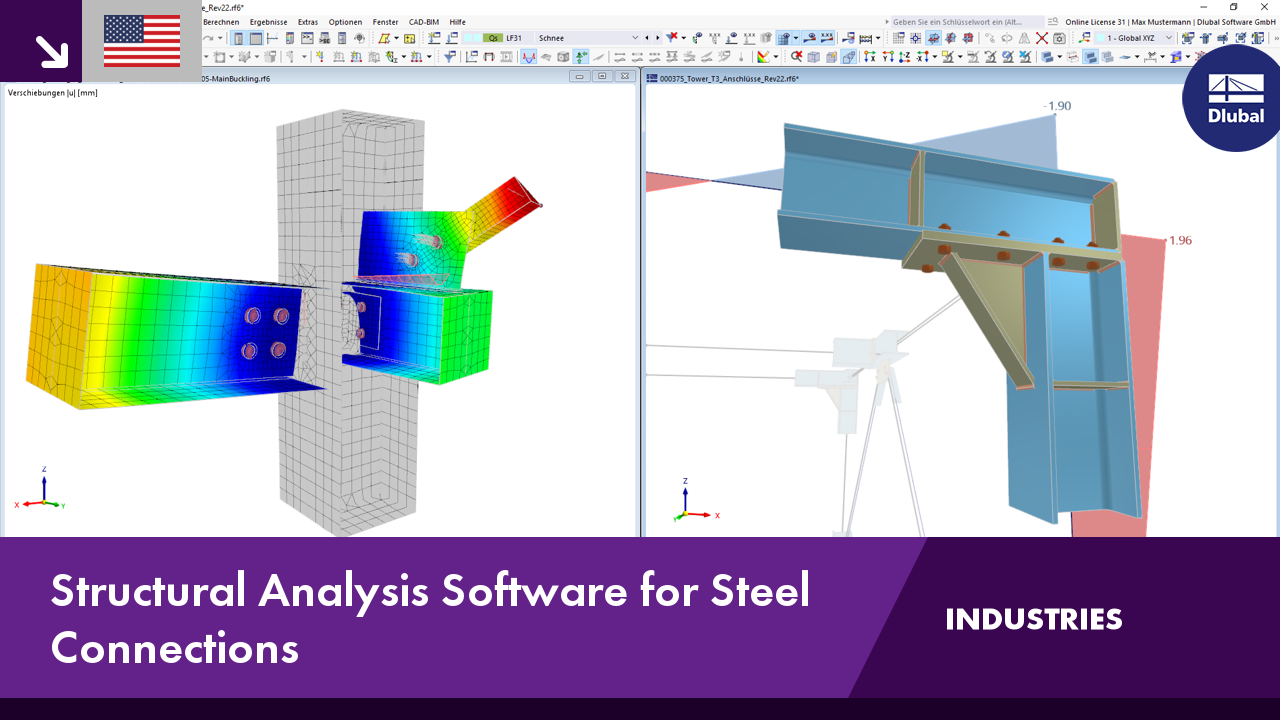.png?mw=350&hash=c6c25b135ffd26af9cd48d77813d2ba5853f936c)











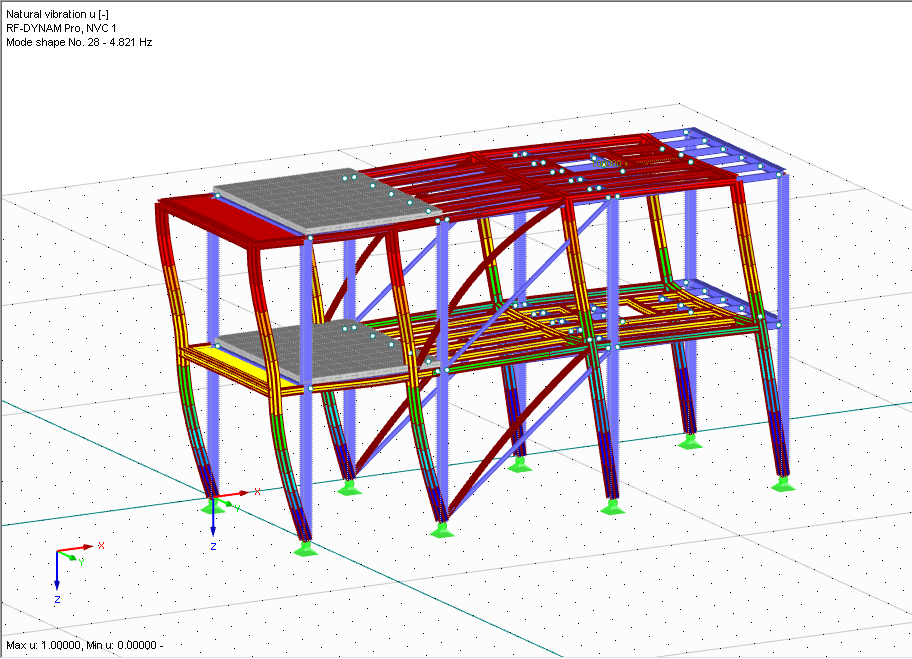
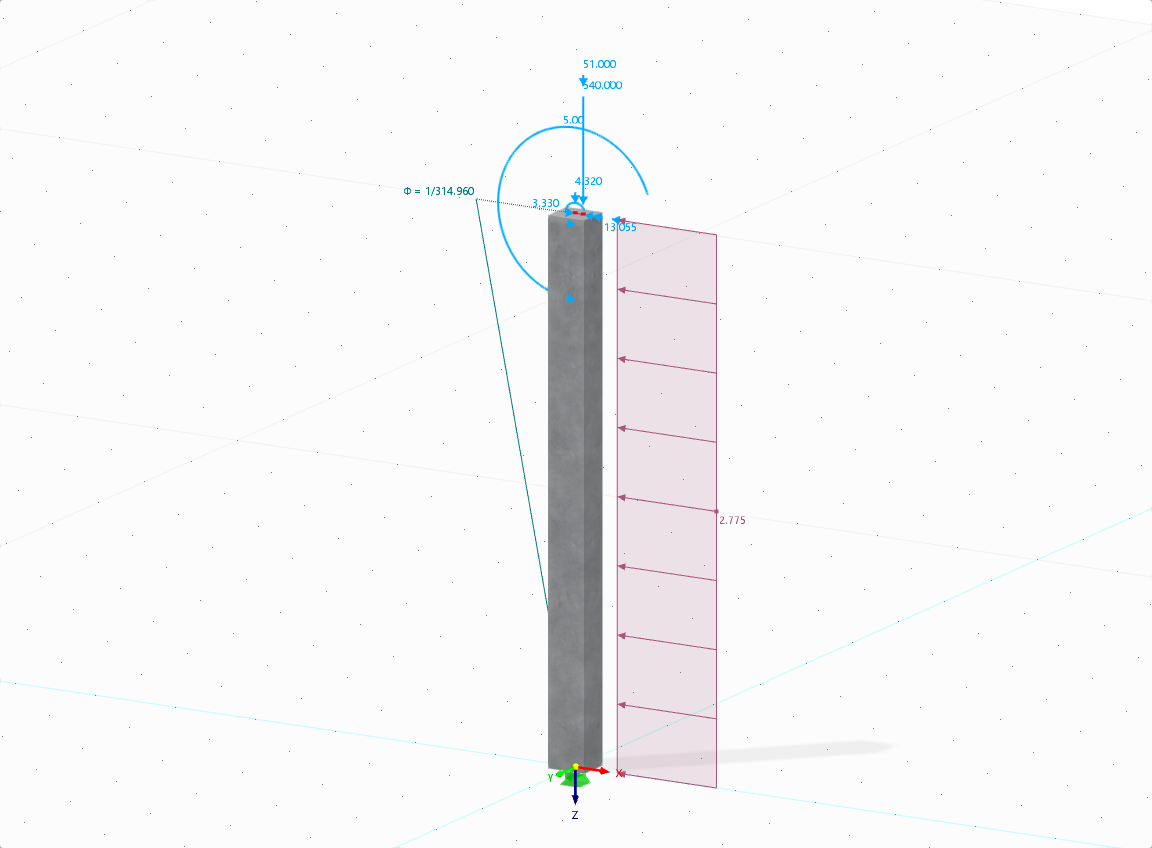

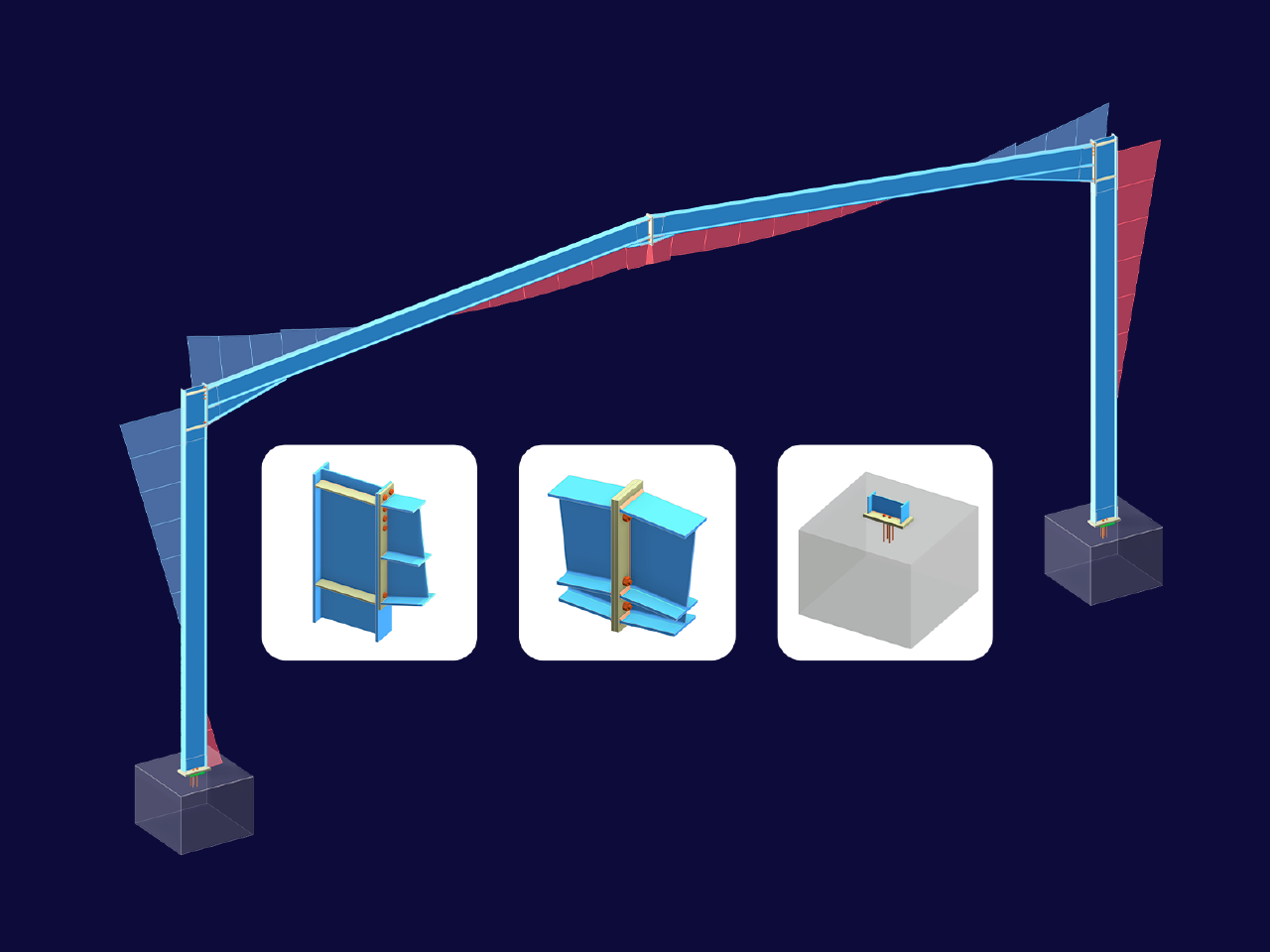








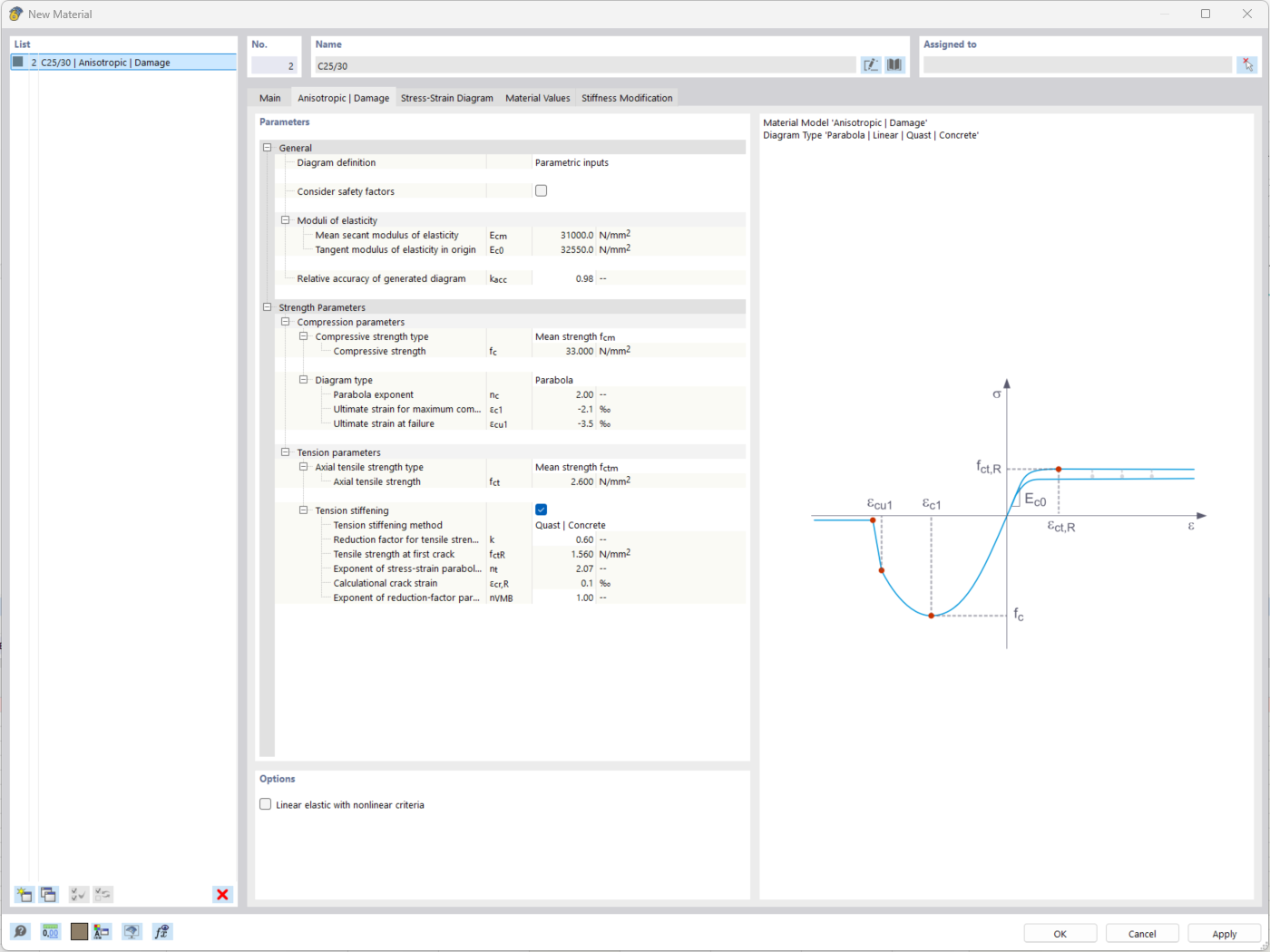
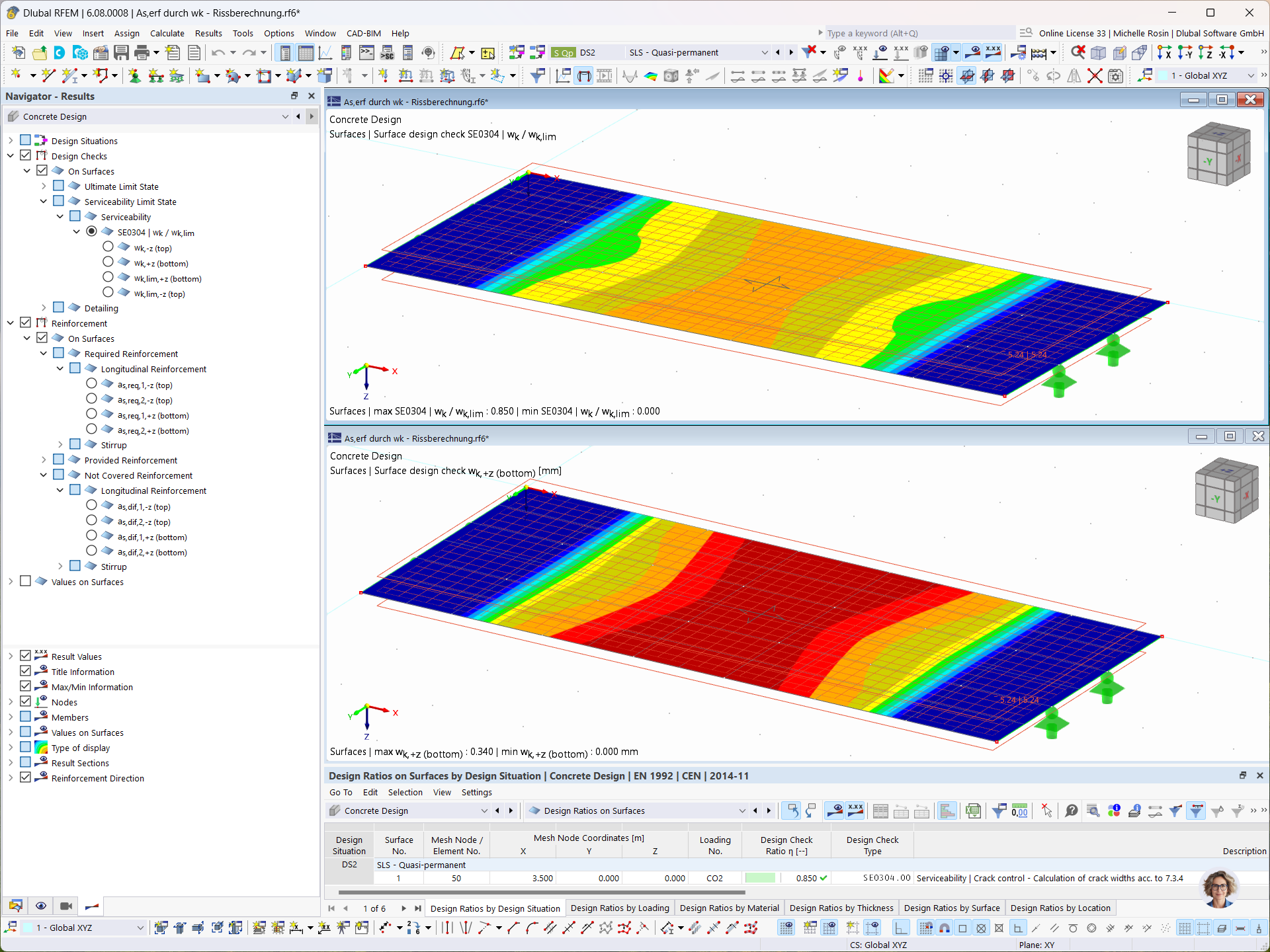
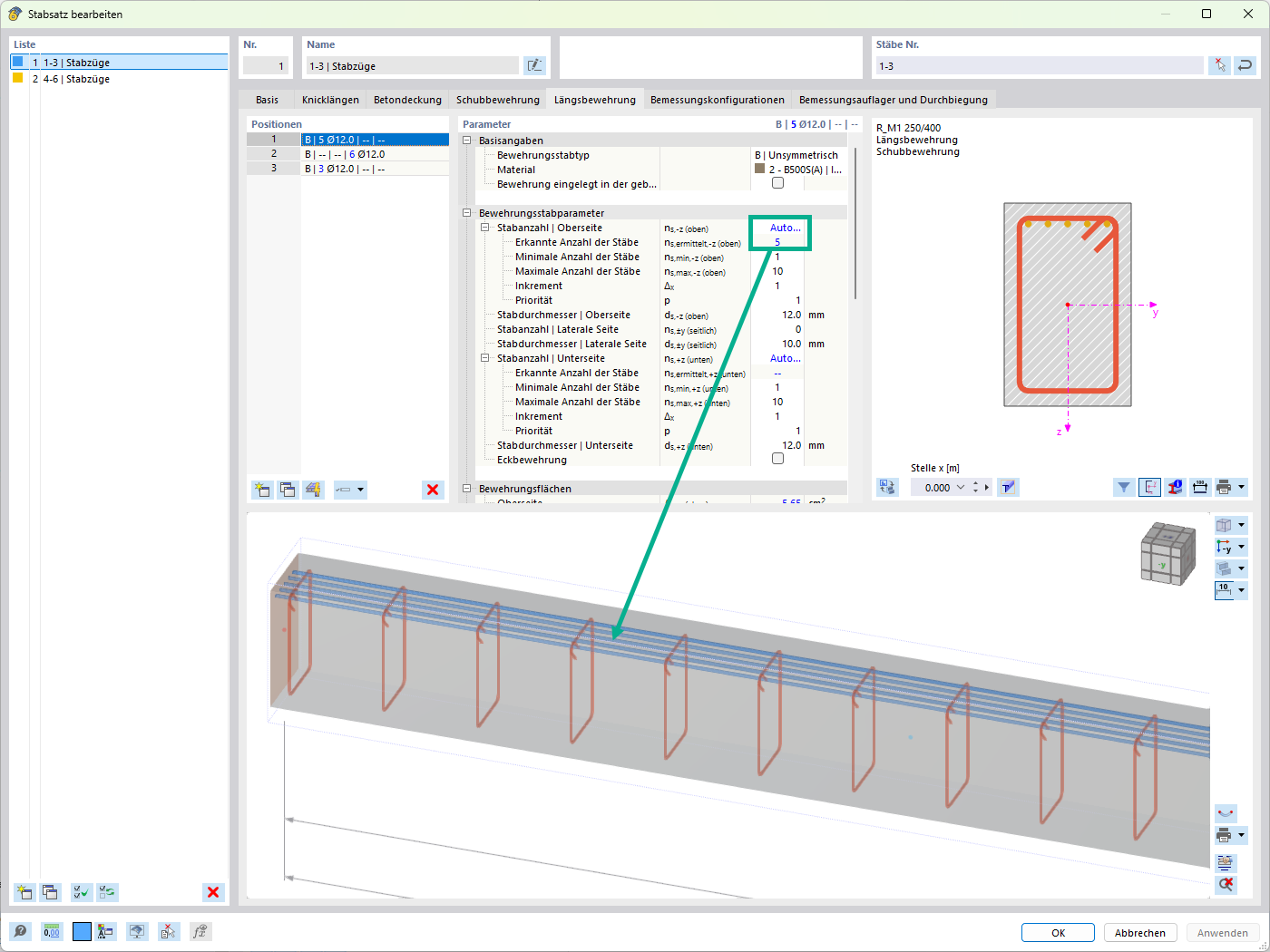
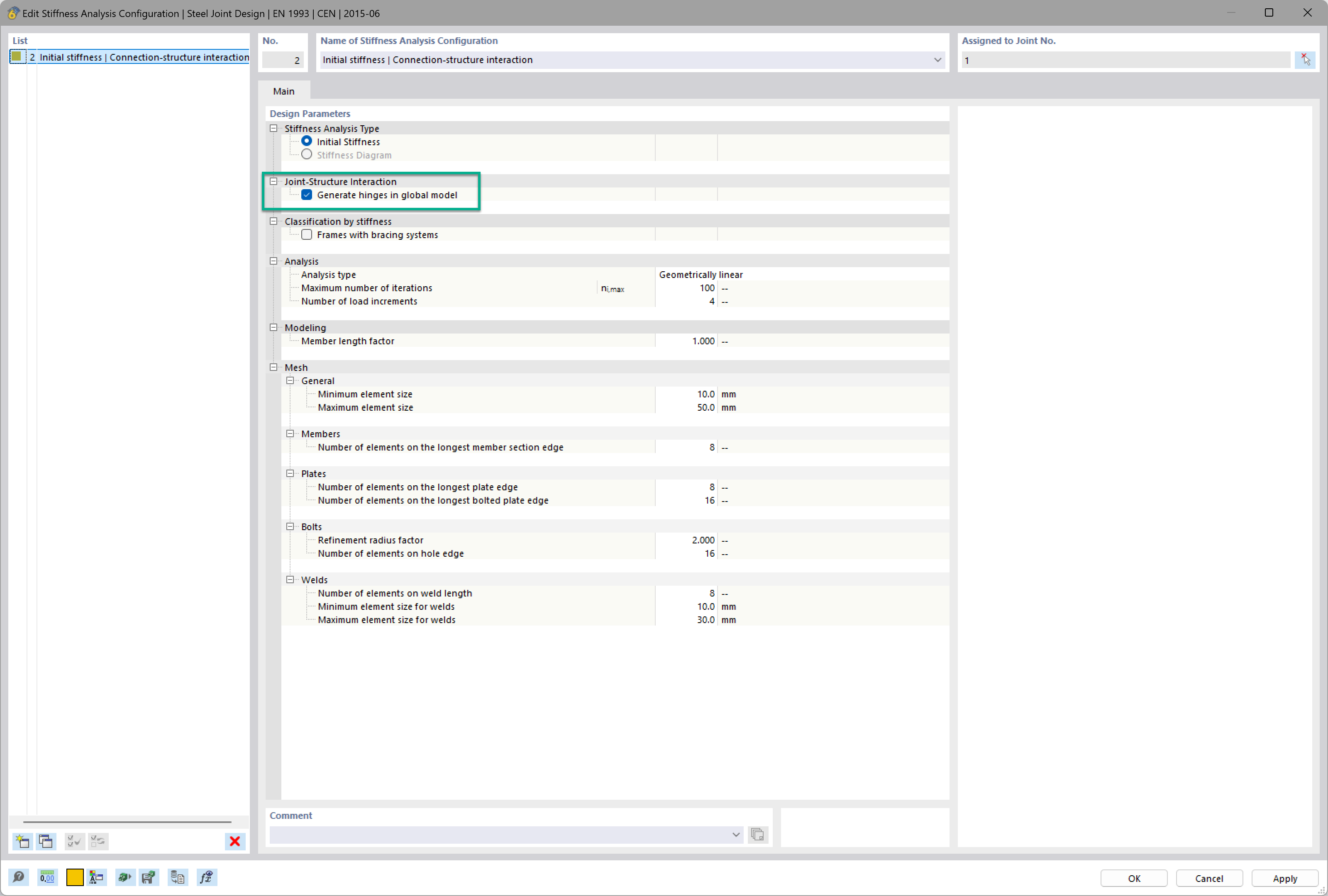





_1.jpg?mw=350&hash=ab2086621f4e50c8c8fb8f3c211a22bc246e0552)



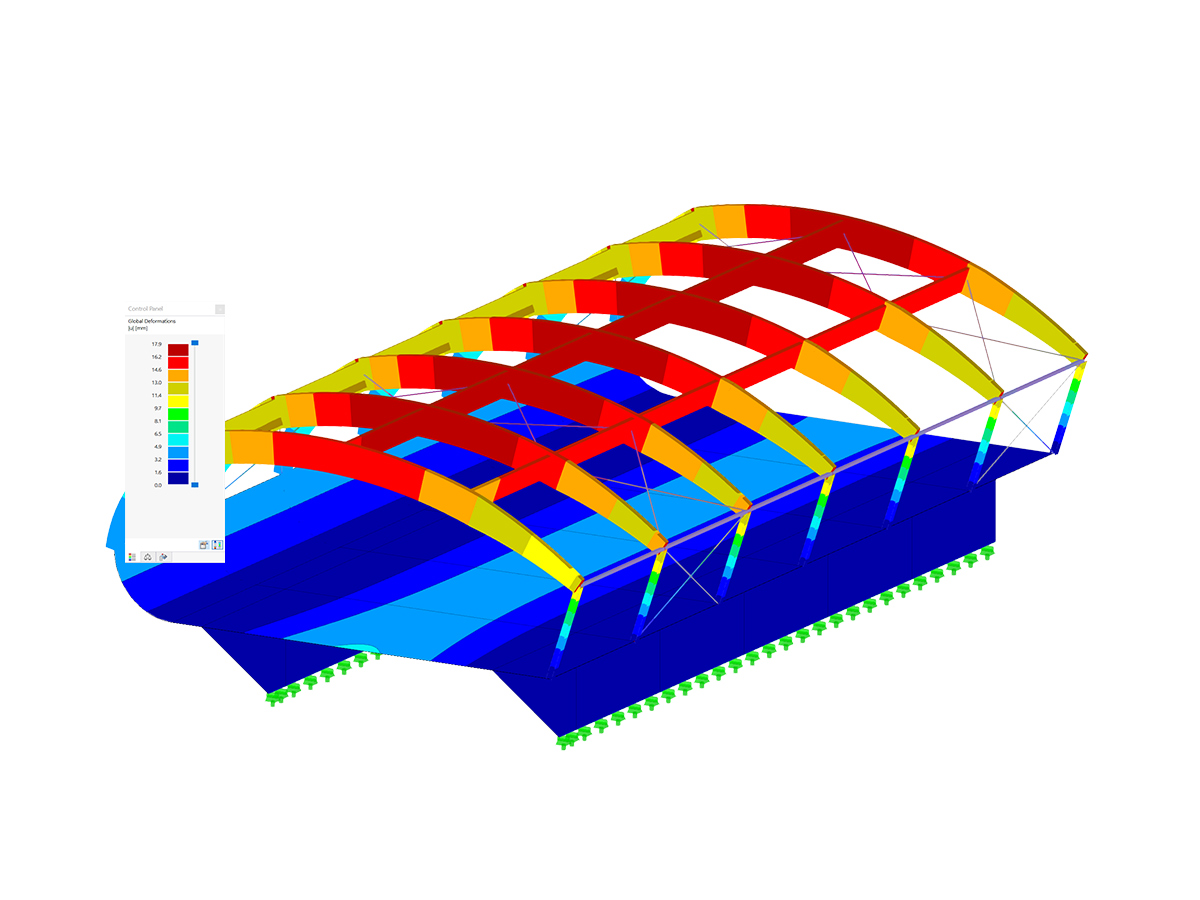
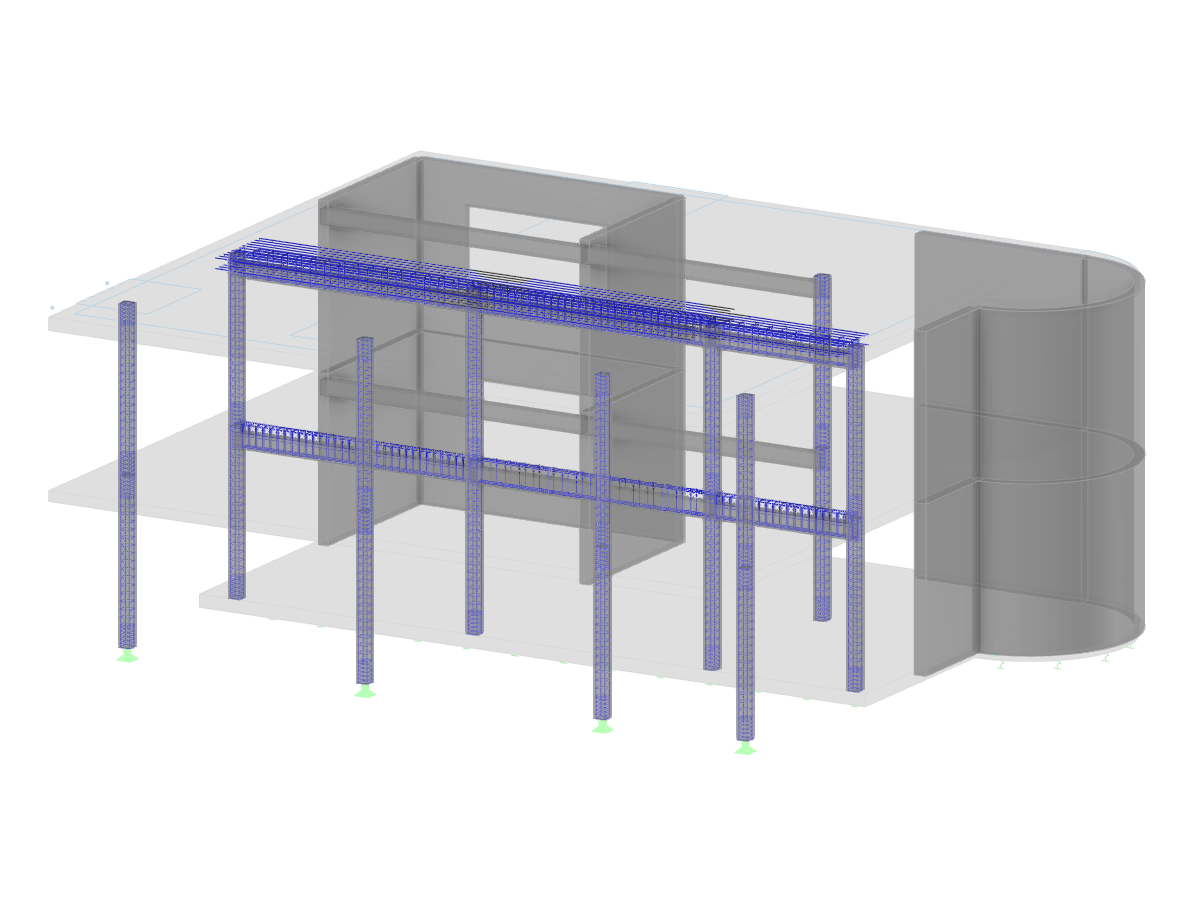
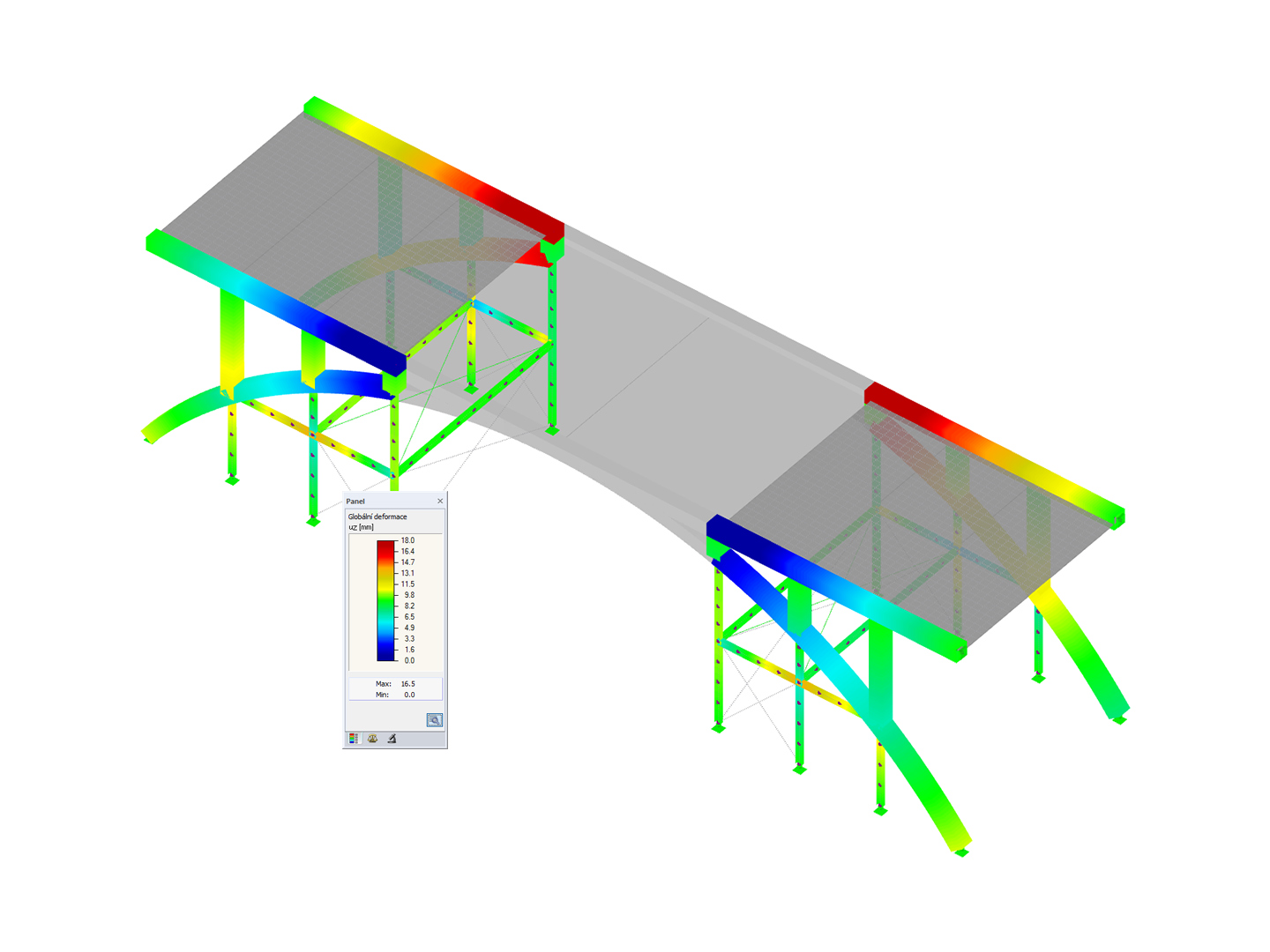
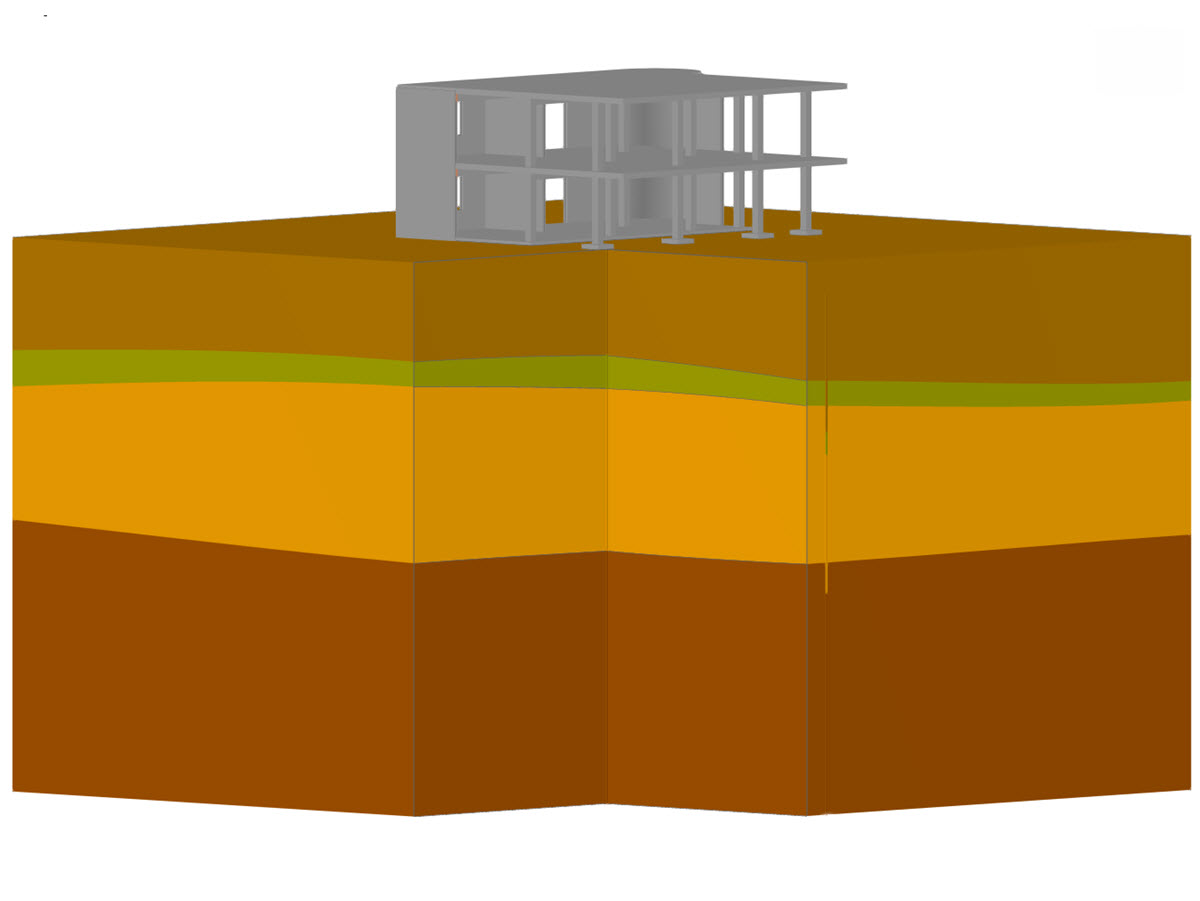
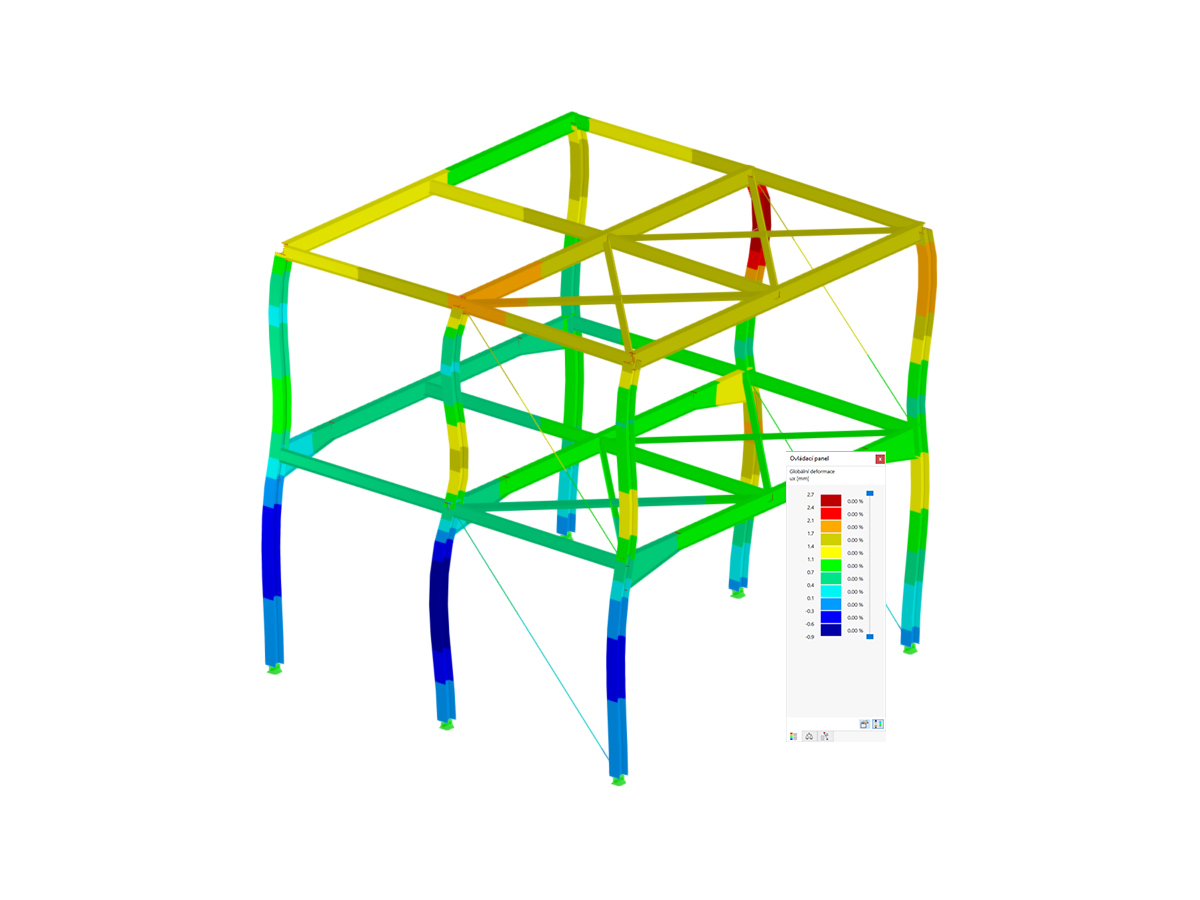
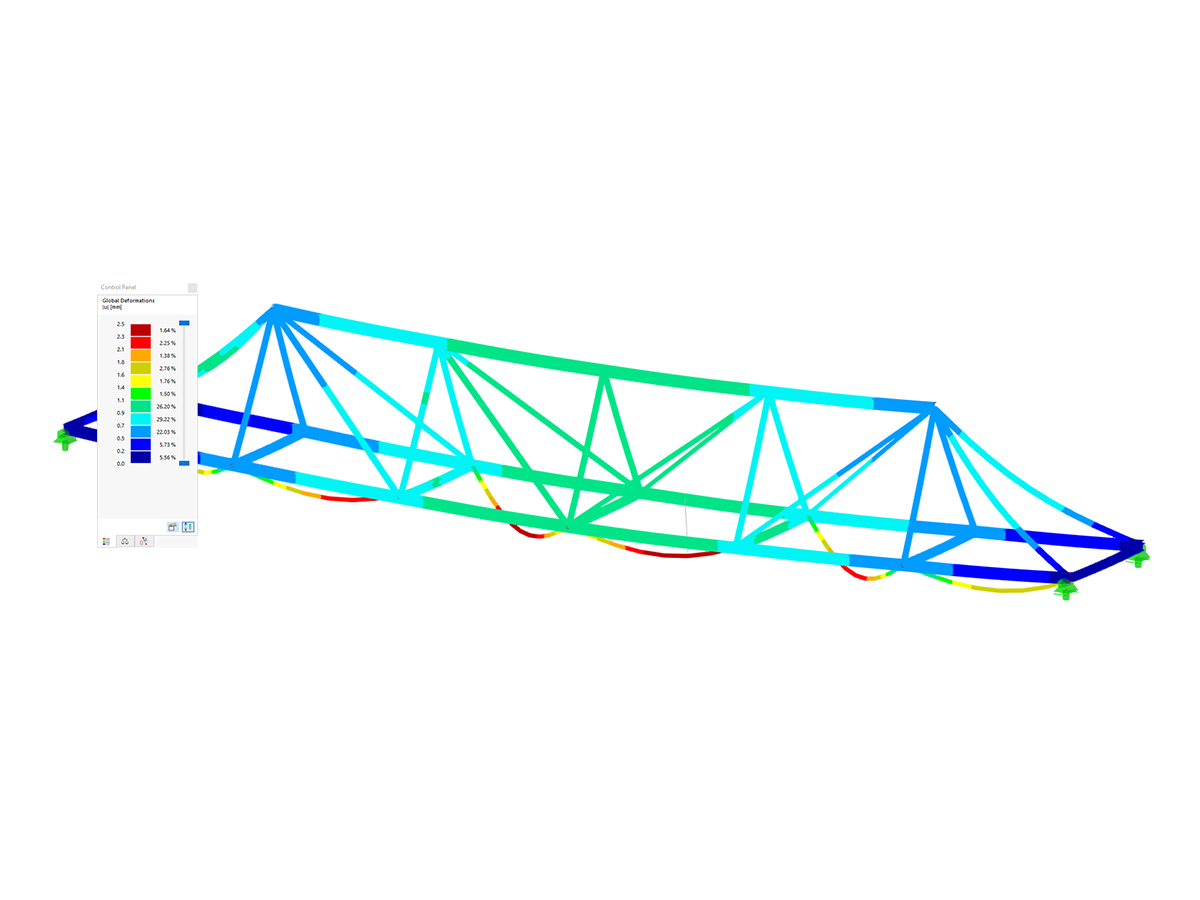
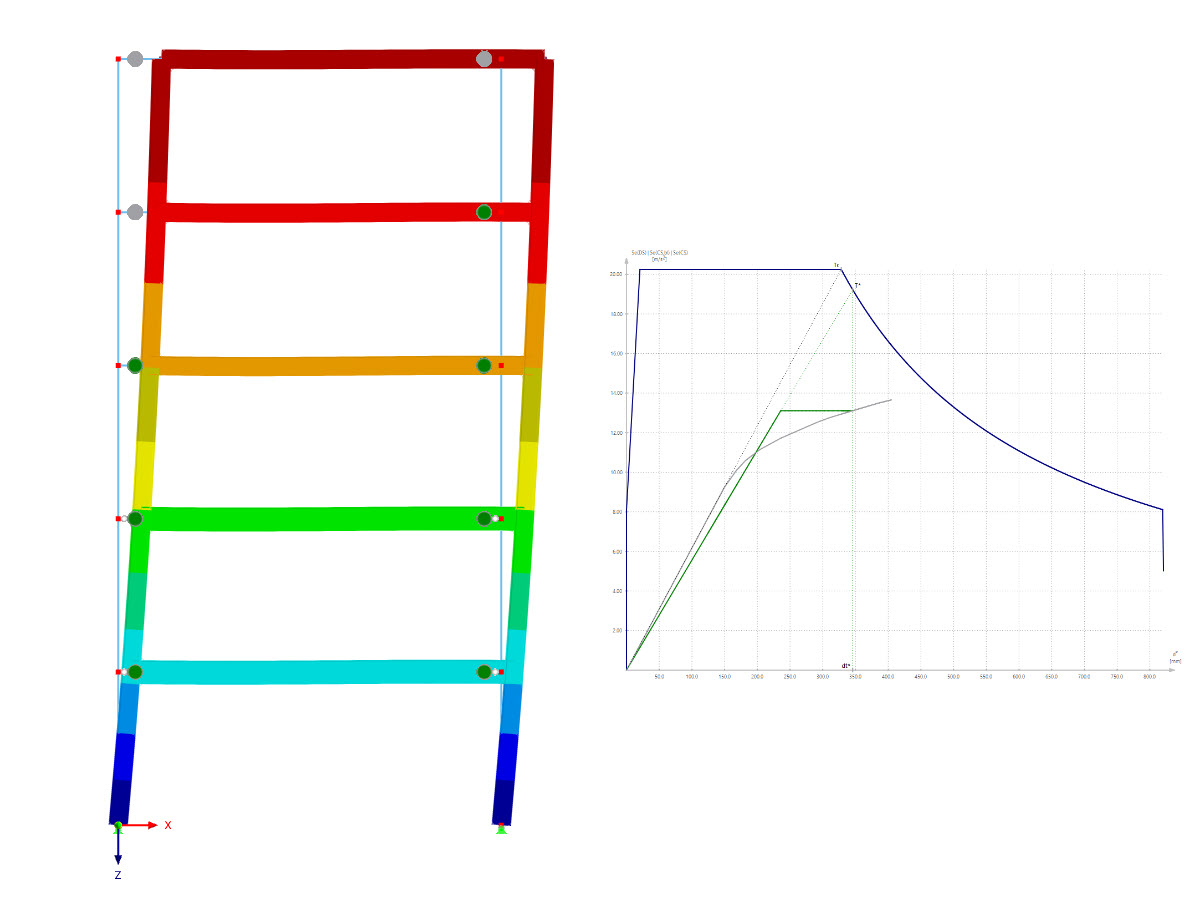

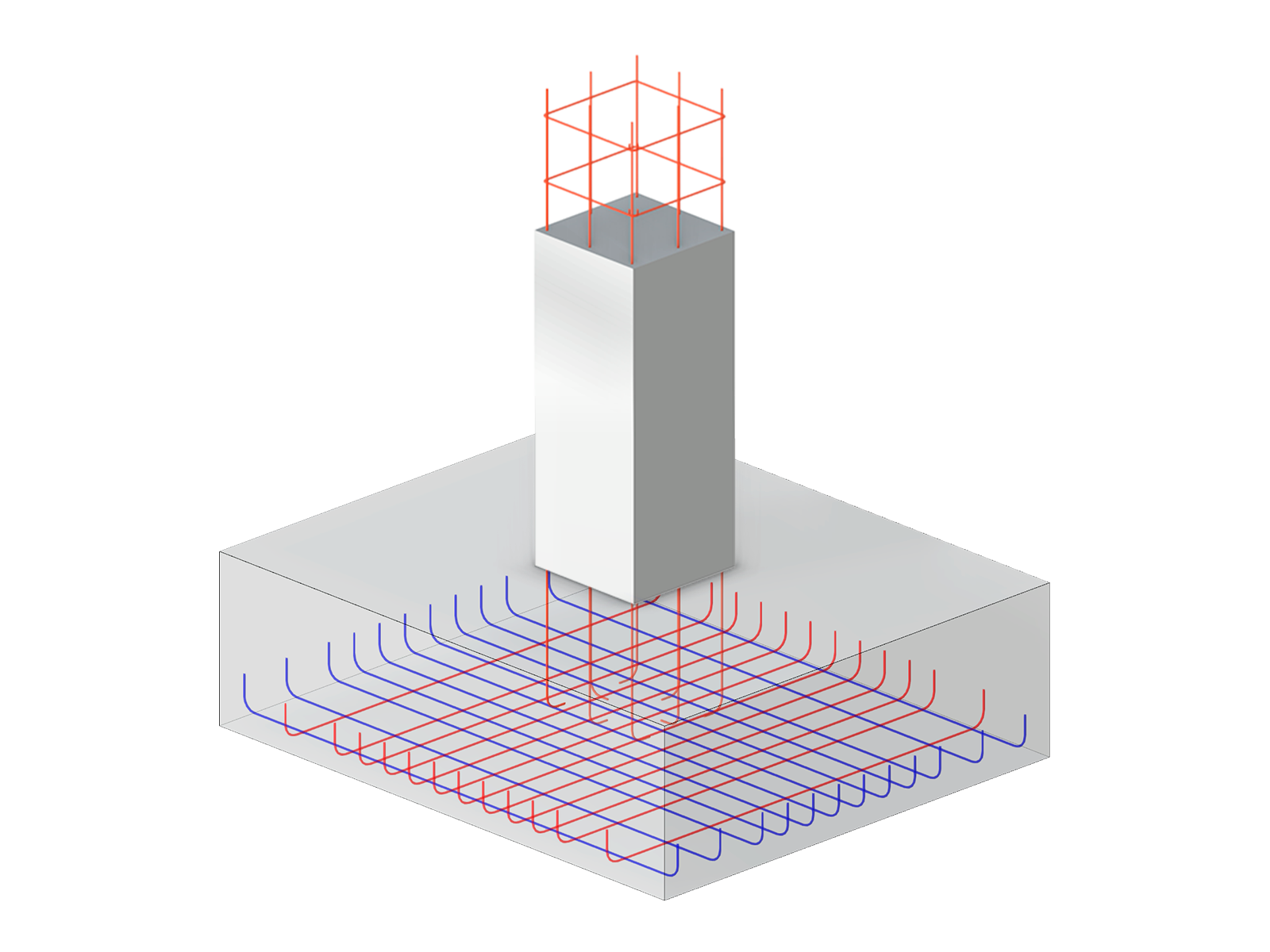
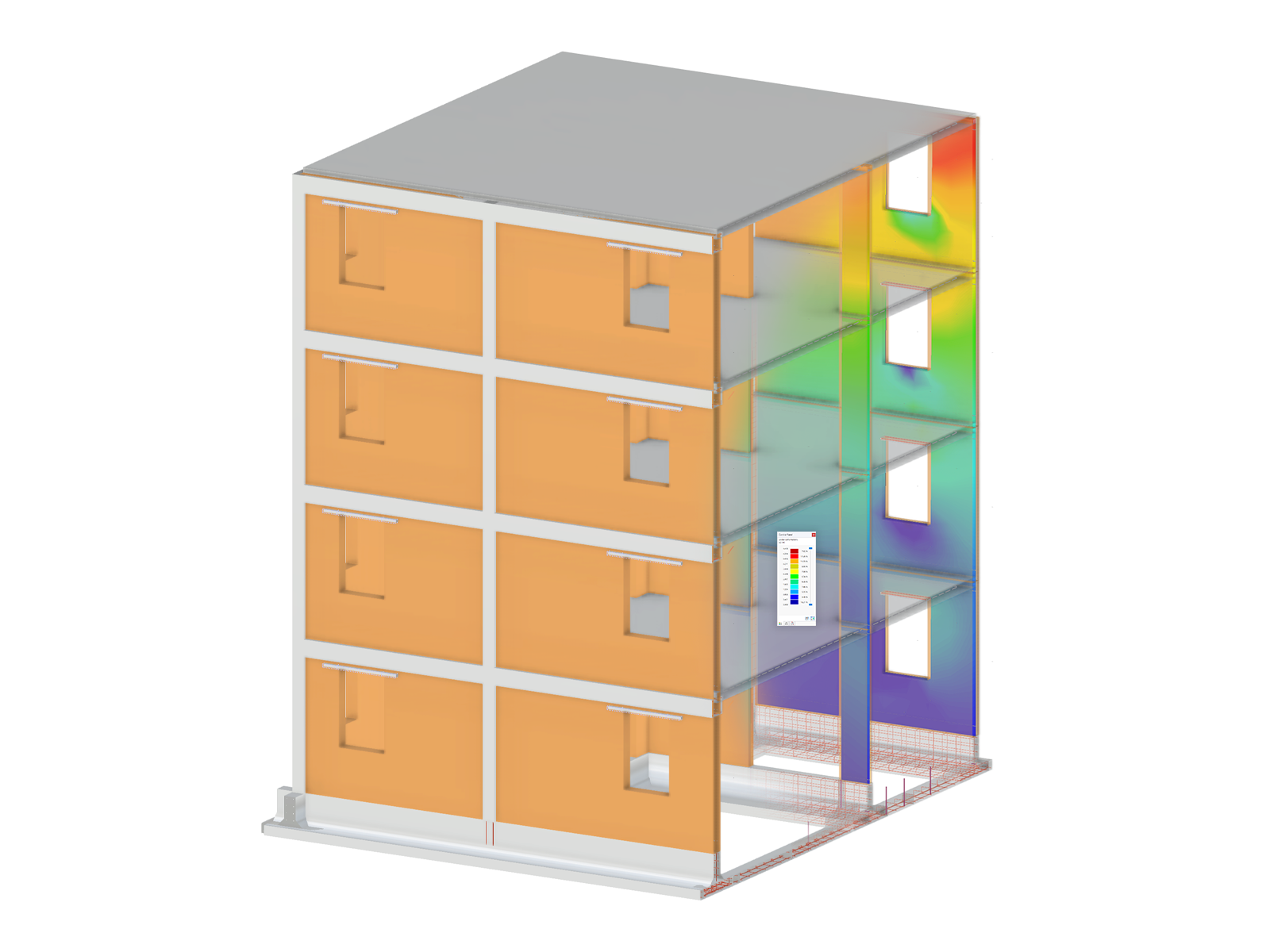
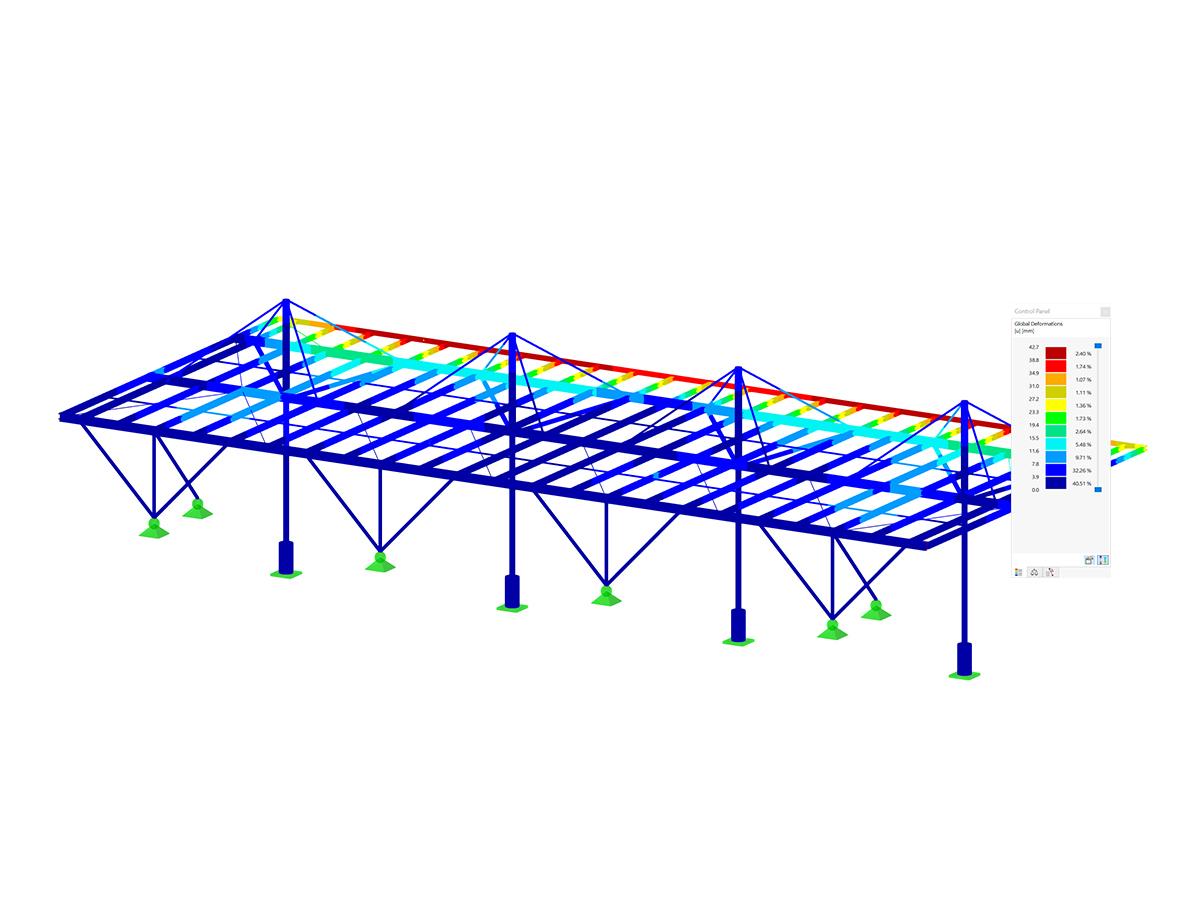
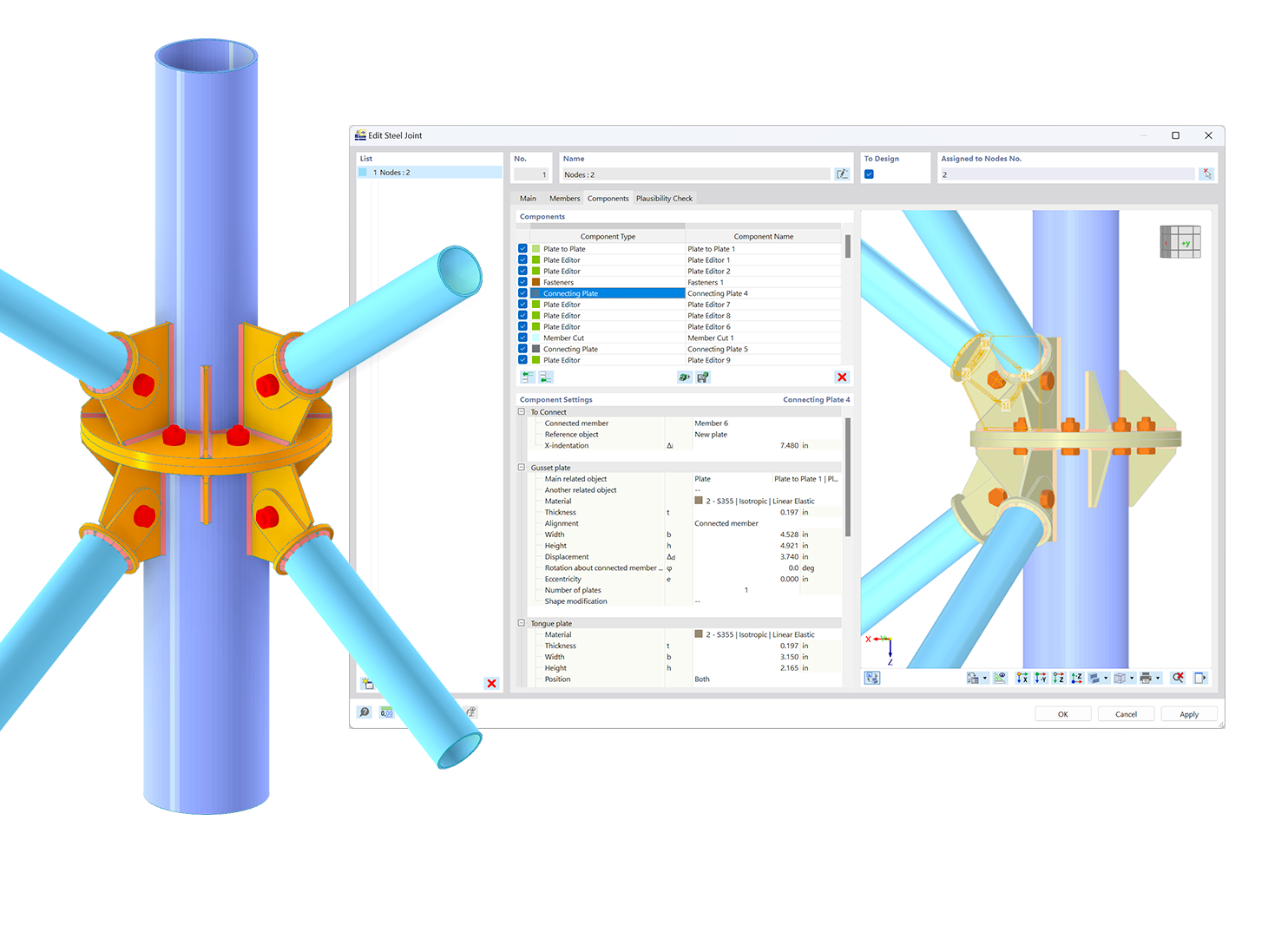.png?mw=600&hash=49b6a289915d28aa461360f7308b092631b1446e)
